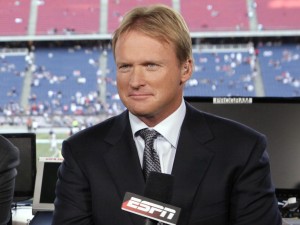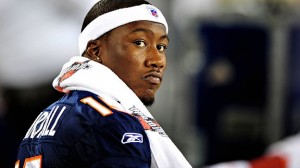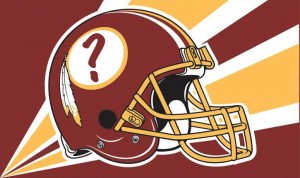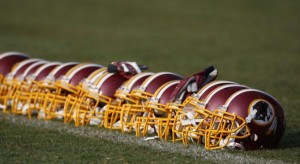In the wake of the news surrounding Jon Gruden this week, we felt it might be interesting to flashback to some of the rare past occurrences where he actually did give his take on social issues. It seems pretty crazy right now, doesn’t it- a man who seemed to love absolutely everyone and everything, was Mr. positivity as an announcer, is actually a deplorable person on the inside.
During an ESPN Monday Night Football media teleconference, several years ago, Gruden even said, with great self-awareness: “people think I’m too positive, I love everybody!” Turns out it was just a character he played on television.
It's so ironic, cuz Jon Gruden played a sunshine, lollipops and rainbows person on tv as an ESPN announcer.
Meanwhile he's a far right loon, guilty of every -ism possible as an IRL human being https://t.co/BO8XxkFBMj— Paul M. Banks (@PaulMBanks) October 12, 2021
Now we know that the fired Raiders coach is actually racist, sexist, anti-gay, a right-wing extremist and…well you get the idea.
“This is bigger than Jon Gruden, this is bigger than the National Football League,” said former Chicago Bear and current NFL talking head Brandon Marshall.
“This is bigger than sports. It happens all the time. And there’s so many layers to it. And we could talk about it for the entire show. But this is bigger than Jon Gruden, and unfortunately, he is now another example of what not to do and how we shouldn’t conduct ourselves.”
With that in mind, we took a look back at when the MNF crew did a conference call today to preview the 2014 NFL season. The Washington football team name (they were still the Redskins at the time) controversy came up.
Here is the response from Jon Gruden:
Q. Jon, you have a long history in the league and I know you appreciate the history of football, so I think you’re an interesting guy to ask this question. How do you personally view using the nickname Redskins while in a broadcasting capacity?
Jon Gruden: “Well, I realize the sensitivity regarding that topic. I’m going to refer to them as the Redskins.”
Q. Is there a reason why? That’s the name or history or something else?
Jon Gruden: “That is the name. I’m going to refer to every team as the team they like to be referred to. And I have a lot of respect to people’s opinion. … I’m going to refer to them as the Redskins.
“I certainly am sensitive to all of the things that I’ve read, but I think Joe Gibbs had a quote, the ex-coach of the Redskins that I read when I was out in D.C., and I don’t have the exact quote in front of me, but if you can find it, I’ll just say I feel similarly to Coach Gibbs.”
You can tell from that terse tone and agitated prose, just how disinterested in discussing this topic Gruden truly was, and just how strongly against name change he was at the time (as was Gibbs). Guess both ended up on the wrong side of history. Seems to be the default setting for Gruden!
However, he is just a symptom here, not the disease. Jon Gruden only lifted the lid here on what is obviously a systemic problem here in the National Football League. The recipient of these e-mails sat on them for 10 years; they were basically a Gruden confidant.
“What really stood out to me in reading the stories was the casual-ness of the emails,” said NFL writer Judy Battista.
“He felt comfortable not just having those thoughts, but sharing those thoughts, putting them in writing, sending them to somebody, an executive with the team who was using his work email account. That tells you what the culture that they were operating in was like. He was totally comfortable that nobody was going to raise a fuss about it, that it probably would never come to light.
“That tells you that he’s not the only person that feels this way. He’s certainly not the only person using this language. That’s a broader problem that the NFL has to address.”
Paul M. Banks runs The Sports Bank, partnered with News Now. Banks, the author of “Transatlantic Passage: How the English Premier League Redefined Soccer in America” and “No, I Can’t Get You Free Tickets: Lessons Learned From a Life in the Sports Media Industry,” has regularly appeared in WGN, Sports Illustrated and the Chicago Tribune.
He co-hosts the After Extra Time podcast. Follow him on Twitter and Instagram.



